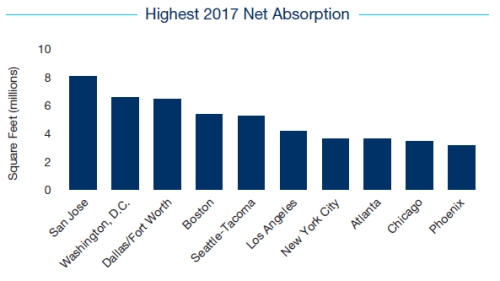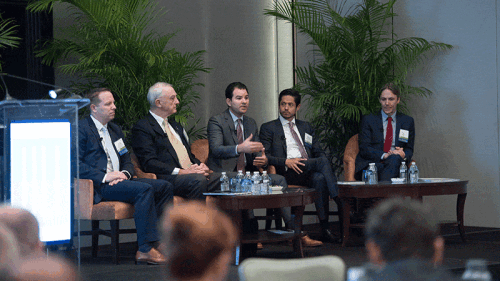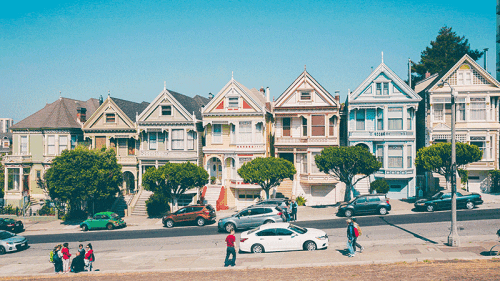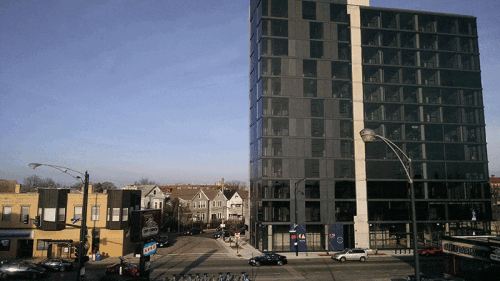Economy, Market & Trends
San Jose, California, and Seattle-Tacoma, Washington, hold the top two spots in Marcus & Millichap’s latest National Office Property Index (NOPI). Both markets boast vacancy rates below the national average and significant completions forecast for 2017.
Something in Japan needs to change under its current outlook, writes Clyde Prestowitz, a longtime Asia expert and Asian trade negotiator for the Reagan and Clinton administrations, in Japan Restored: How Japan Can Reinvent Itself and Why This Is Important for America and the World. And other developed countries may soon face the same fate.
Commercial real estate lending volume finished the year on a strong note as loan closings surged in November and December, according to the latest research from CBRE. Despite concerns throughout the year regarding the direction of the global economy, U.S. capital markets remained favorable to borrowers in the fourth quarter (Q4) of 2016 due to low relative rates and abundant capital.
The prospects for real estate investment in Europe remain positive in spite of widespread geopolitical uncertainty, according to a panel of senior industry figures convened at the 2017 ULI Europe conference in Paris. Participants argued that in spite of heightened political volatility across the globe, the environment for real estate investment in Europe, and indeed globally, remains extremely positive. The political climate is not necessarily influencing real estate as much as one might think, given the intensity of the rhetoric.
Autonomous private vehicles could boost sprawl and the number of miles traveled. Autonomous rapid transit promises a much better payoff.
Though political upheaval in the United States and Europe is the focus of investors and developers of Latin American real estate, panelists at the ULI Latin America and Caribbean Conference in mid-February, said the clouds of uncertainty have yet to sway many from their carefully plotted courses through the region’s most attractive markets, including Brazil, Mexico, Colombia, and Peru.
The debate around managing migration is often centered on the economic benefits that can occur from migration versus the pressure on resources that results, and real estate is very much at the center of this. Attendees of the 2017 ULI Europe Conference heard from a panel of experts from different fields about the challenges and opportunities that arise from migration, how these manifest themselves in some very different ways, and how the built environment can help mitigate these issues.
Last December, car-sharing giant Uber abruptly loaded its prototype autonomous cars onto a trailer and moved its program from California to Arizona after a dispute with state regulators. If nothing else, the potential conflict over autonomous vehicles in California is a reminder that many complicated hurdles need to be cleared before the much-discussed takeover of autonomous cars. Communities and legislators are wrestling with the realities of regulating and creating infrastructure, even though it remains unclear what role driverless vehicles will play in future mobility.
The holiday season and beginning of the new year brought some bright spots, but also some cause for concern in the retail sector, which, in turn, affects commercial real estate. For example, some household names announced store closures in recent months, while other sectors of the retail world have survived, thrived, and even expanded.
At a recent ULI Chicago event, speakers addressed the disruptive technologies that are having an impact on today’s lifestyles and shaping our vision of the future city. What is a reasonable projection of the near future in real estate, and which investments will enable the industry to profit and cities to prosper? Panelists asked whether current trends are pointing us toward a leisure city, a green city, a dystopia, or something in between.






